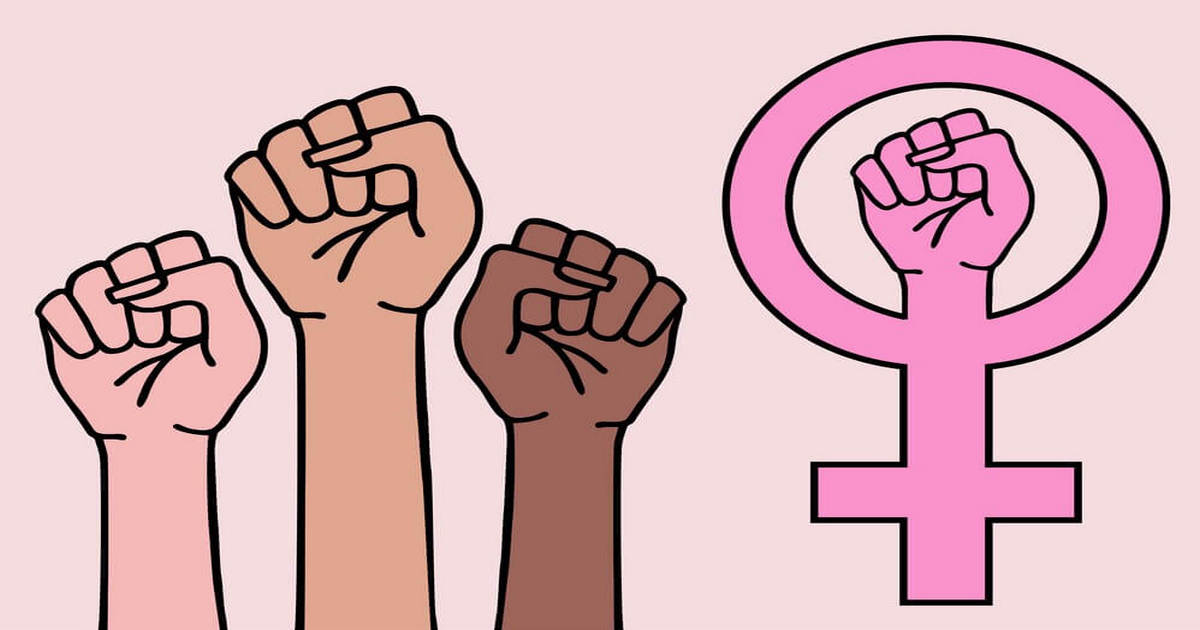Balancing Trans Rights with the Legacy of Women’s Struggles
The feminist movement, once a steadfast beacon of hope for gender equality and women’s rights, stands at a crossroads today. What was once a united front in the fight against gender-based oppression has morphed into a multifaceted battleground where the pressing concerns of trans rights often overshadow the foundational issues that the movement was built upon. This shift in focus raises valid concerns about the potential repercussions for the hard-fought gains of women’s rights and warrants a critical examination of the evolving feminist landscape.
The feminist movement’s expansion to include trans rights demonstrates a noble and compassionate commitment to inclusivity. Advocating for the rights and dignity of transgender individuals is a cause that aligns with the principles of social justice and equity. However, in the quest to be inclusive, there is a growing unease that the original struggles of women are being sidelined and diluted.
One of the most contentious issues is the redefinition of the term’s “woman” and “gender.” Traditional feminism sought to address the unique challenges and systemic disadvantages that cisgender women faced due to their biological sex. The current emphasis on gender identity, while undoubtedly important, threatens to undermine the specificity of women’s experiences. This shift can inadvertently obscure the deep-rooted gender disparities that persist within society.
Moreover, the push to accommodate trans rights has led to clashes over women’s spaces and safety. The imperative to create inclusive environments for transgender women sometimes conflicts with the need to maintain safe havens for cisgender women. The concerns are not mere conjecture; there have been instances where women’s shelters and sports have faced contentious debates regarding the participation of transgender individuals. These discussions raise crucial questions about how to strike a balance that respects the rights and needs of all involved.
The narrowing of dialogue within the feminist movement is another alarming trend. Dissenting voices that express reservations about the potential consequences of prioritizing trans rights are often met with accusations of transphobia and silenced. The suppression of healthy debate threatens the very foundation of democratic principles that feminism seeks to uphold. Constructive discourse should be encouraged, not stifled, as it is through such exchanges that meaningful progress is achieved.
Critics also express valid concerns about the allocation of resources. The limited pool of funds, time, and energy that sustains the feminist movement is now being divided between multiple causes. As the focus expands to encompass trans rights, there is a tangible risk that resources that could be channelled towards addressing pressing women’s rights issues such as pay parity and reproductive health may be redirected elsewhere.
The feminist movement’s transformation into a broader platform for gender equality is a testament to its adaptability and willingness to evolve. However, this evolution should not come at the cost of neglecting the original battles that were waged for women’s rights. A balanced approach that acknowledges both the historical struggles of cisgender women and the contemporary challenges faced by transgender individuals is essential.
In conclusion, the feminist movement is treading on uncharted terrain, attempting to reconcile its historical legacy with the evolving dynamics of gender equality. While the inclusion of trans rights is a crucial step towards building a more just and equitable society, it must be undertaken with a critical awareness of the potential consequences for the hard-won rights of women. By fostering open dialogue, respecting diverse perspectives, and striving for a harmonious balance, the feminist movement can continue its journey towards a future where all genders are equally empowered and respected.
Views: 7



































